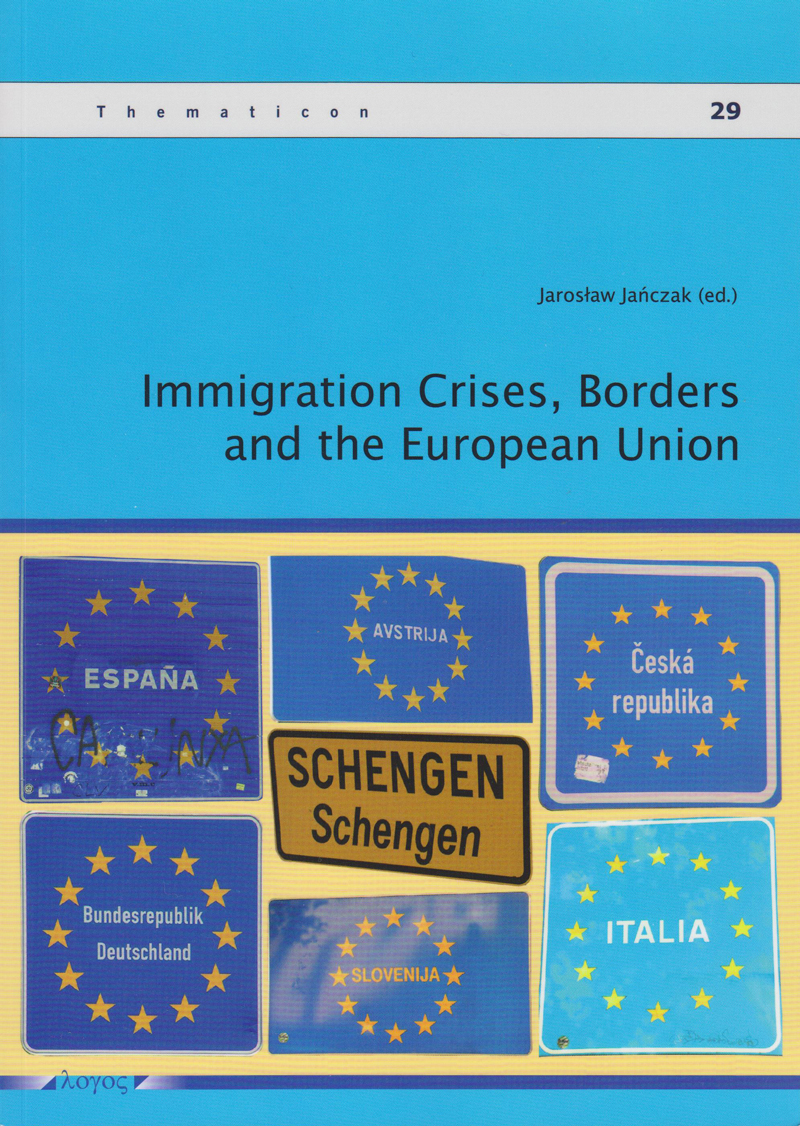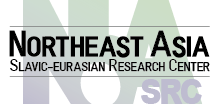'Immigration Crises, Borders and the European Union'
Jarosław Jańczak (ed.) (2017)
Berlin: Logos Verlag, pp.96. ISBN 978-3-8325-4436-2 ISSN 1610-4277
This timely volume consists of eight papers by political scientists from universities in Canada, the Czech Republic, Poland and Slovakia. In 2015, the European Union (EU) experienced what Jarosław Jańczak calls an 'immigration crisis' (p. 7) with the arrival of over a million refugees. At this critical juncture for the EU and its member states, the authors examine how the events of that year are likely to shape practices of bordering and modes of territoriality.
In his synopsis of EU asylum policy, Adam Jaskulski argues that the removal of internal border controls has been one of the most significant accomplishments of European integration. One consequence, however, is that member states have to improve their organisation of asylum, visas and immigration. For Ondřej Filipec, a comparison of the current immigration crisis with events in the 1990s reveals the former to be more serious and a greater challenge to further integration. The impact of social media on migration is the subject of Ingrid Borárosová's chapter. She emphasizes that social media is not only a channel for migrants to share information, but is also an instrument for traffickers and people smugglers. In Austrian and German politics, right-wing politicians are ransacking the term Heimat - that hoariest and haziest of words - for usable images to erect impermeable cultural borders. Such borders are an exercise in an exclusionary politics of cultural difference, believes Robert Gould. Analysing the varied arguments in Czech politics towards so-called 'asylum quotas' (a mechanism to distribute asylum seekers to all EU states), Martin Hrabálek demonstrates that the stance of political parties on this issue tends to track their approach towards the desirability of further EU integration. Magdalena Kacperska celebrates the fact that immigration is necessary for EU states faced with aging populations. She reasons that, in the future, educational background and skills of migrants rather than numbers alone are likely to become more important. Jarosław Jańczak stresses the need to understand Polish political elites' responses to immigration in a historical context where Poland is imagined as 'the defender of Europe' and refugees are perceived as a threat. The final chapter by Tomasz Brańka addresses the problem of defining the category of 'climate refugee'. He perceptively highlights that while global warming is likely to have an increasing impact on migratory movements, redefining who is a refugee could undermine the protection given to traditional refugees.
With an insightful introduction by the editor setting the context for what follows, the varied approaches of the authors to borders, immigrants and the integration project mean that this concise book offers something of interest not only to political scientists but also to academics working in many other disciplines. For this reader, a question remains over the validity of the English term 'immigration crises' - from a historian's perspective an 'influx of over a million refugees [in 2015]' seems quite small when one learns that after the Second World War, in West Germany alone, '13 million expellees were settled and integrated into ... society with remarkable success'.1 Nevertheless, aside from this quibble about historical context, this book represents a stimulating introduction to recent events that are likely to become more than a footnote to European history.
'Immigration Crises, Borders and the European Union' - List of authors and chapter titles
Adam Jaskulski: The EU Border Regime and the EU Asylum Regime: Analysis of Schengen and Dublin Regulations
Ondřej Filipec: The Two Immigration Crises: Their Impact on EU Security, Politics and Polity
Ingrid Borárosová: The Current Migration Crisis and its Implications for Everett S. Lee's Model
Robert Gould: The Borders of Heimat
Martin Hrabálek: Czech Political Parties, the Migration Crisis and the European Union: The Case of "Asylum Quotas"
Magdalena Kacperska: Is the European Union's Border a Labor Market's Border as Well? Third Country Migrants in the Polish Labor Market
Jarosław Jańczak: Borders of Europe and the Immigration Crisis: Discourses of the Political Elites in Poland
Tomasz Brańka: Climate Refugees in the Contemporary World
Jarosław Jańczak is a Foreign Visitors Fellow (2017) at the Slavic-Eurasian Research Center (SRC). His research topic at the SRC is about the construction and deconstruction of integration project borders in Eurasia with a focus on the western and eastern 'edges' of Russia. He is also an Associate Professor at the Faculty of Political Science and Journalism, Adam Mickiewicz University and European Studies Chair at European University Viadrina.
1 Tony Judt, 'Postwar: A History of Europe Since 1945' (2005), New York: Penguin, p.26.


 Eurasia Unit for Border Research (Japan)
Eurasia Unit for Border Research (Japan)




